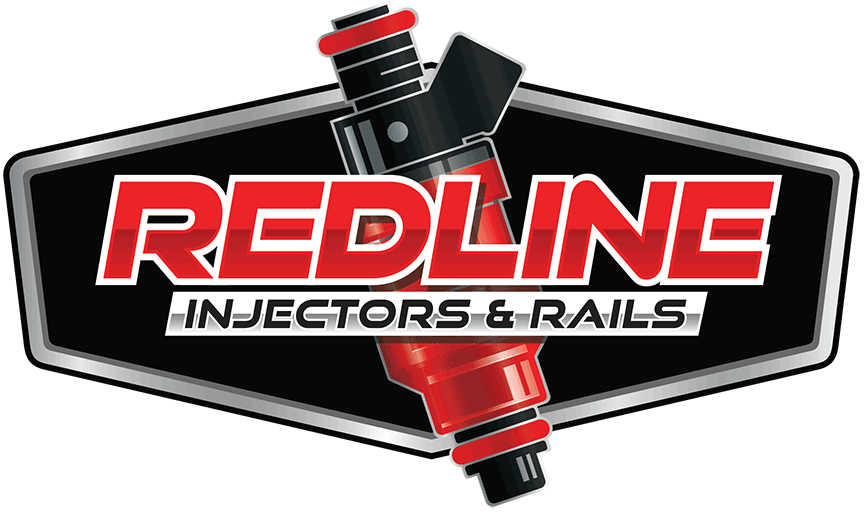Fuel injectors are crucial components in modern internal combustion engines, responsible for delivering the right amount of fuel into the combustion chamber. Here’s everything you need to know about gas fuel injectors:
1. What Are Fuel Injectors?
Fuel injectors are electronic or mechanical devices that spray a fine mist of fuel into the combustion chamber of an engine. This process ensures that the fuel mixes properly with air to achieve efficient combustion. They replace carburetors in most modern engines.
2. Types of Fuel Injectors:
- Single-point or Throttle-body Injectors: These injectors deliver fuel into the intake manifold, where it’s then mixed with air before entering the engine cylinders. Older vehicles often used these types.
- Multi-point Fuel Injectors (MPI): In MPI systems, each cylinder has its own fuel injector, allowing for more precise fuel delivery to individual cylinders.
- Direct Fuel Injection (DFI): In this advanced system, fuel is injected directly into the combustion chamber at very high pressure. This allows for better fuel efficiency, power output, and reduced emissions.
3. How Fuel Injectors Work:
Fuel injectors receive signals from the Engine Control Unit (ECU) or Powertrain Control Module (PCM), which determines the correct timing and amount of fuel to inject into the engine. This is based on various parameters, such as engine speed, load, and temperature. Fuel is delivered through an injector nozzle, atomized into a fine mist, and mixed with air before entering the combustion chamber.
4. Fuel Injector Components:
- Nozzle: Where fuel is sprayed into the intake manifold or combustion chamber.
- Solenoid: The electronic coil inside the injector that opens and closes the injector valve.
- Injector Body: The casing that holds the solenoid, nozzle, and other components together.
- O-Rings and Seals: Prevent fuel from leaking and maintain pressure within the injector.
5. Common Problems with Fuel Injectors:
- Clogging: Over time, fuel injectors can get clogged due to impurities in the fuel or carbon buildup. This can lead to poor engine performance, misfires, or increased emissions.
- Leaks: If the seals or O-rings become damaged, the injector may leak fuel, which is dangerous.
- Electrical Failure: If the solenoid or wiring gets damaged, the injector may fail to operate correctly, leading to poor fuel delivery.
- Improper Spray Pattern: If the injector nozzle gets damaged, the spray pattern might be uneven, leading to poor combustion and engine inefficiency.
6. Signs of a Faulty Fuel Injector:
- Poor Engine Performance: Hesitation, rough idling, or reduced acceleration.
- Fuel Smell: A noticeable smell of gasoline, especially after starting the car.
- Increased Emissions: A check engine light and higher emissions due to incomplete combustion.
- Engine Misfires: The engine may misfire because of insufficient or inconsistent fuel delivery.
- Poor Fuel Economy: If fuel injectors aren’t delivering the correct amount of fuel, your fuel efficiency will decrease.
7. Maintenance and Cleaning:
Fuel Injector Cleaning: Over time, injectors can get clogged with dirt or carbon. Cleaning them can restore their performance. Specialized cleaning solutions or ultrasonic cleaners are often used by professionals.
Fuel Additives: Some fuel additives can help keep injectors clean, but they aren’t a permanent solution.
Injector Replacement: If cleaning doesn’t resolve the issue, the injectors might need to be replaced.
8. Fuel Injector Testing:
Injector Resistance Test: Measures the resistance across the injector’s electrical terminals to check for shorts or open circuits.
Injector Flow Test: Checks how well the injector sprays fuel and whether it is delivering the correct amount of fuel.
Ultrasonic Cleaning or Fuel Flow Test: These methods can help assess the condition of the injectors by cleaning or testing them outside of the engine.
9. Fuel Injector Replacement:
If you need to replace fuel injectors, it’s important to select the right type for your engine. Fuel injectors are often sold in sets to ensure consistent fuel delivery across all cylinders. Professional installation is recommended, as replacing them requires proper calibration.
10. Fuel Injector Technology:
Smart Injectors: Advanced injectors feature built-in sensors to monitor fuel delivery and adjust performance in real time.
Variable Valve Timing (VVT) and Variable Injector Timing (VIT): Newer engines often feature systems that allow for more precise control over when the injectors open and close, leading to improved efficiency and performance.
11. Fuel Injector Cost:
Fuel injectors vary in price based on the make, model, and type of vehicle. On average, they can range from $50 to $300 each. Labor costs for replacing injectors can add another $100 to $200.
Conclusion:
Fuel injectors are vital for engine efficiency, performance, and emissions control. Regular maintenance, such as using clean fuel and keeping the injectors clean, is essential for avoiding costly repairs and ensuring that your vehicle runs smoothly. If you notice any symptoms of a failing fuel injector, addressing the issue early can prevent more severe engine problems.
